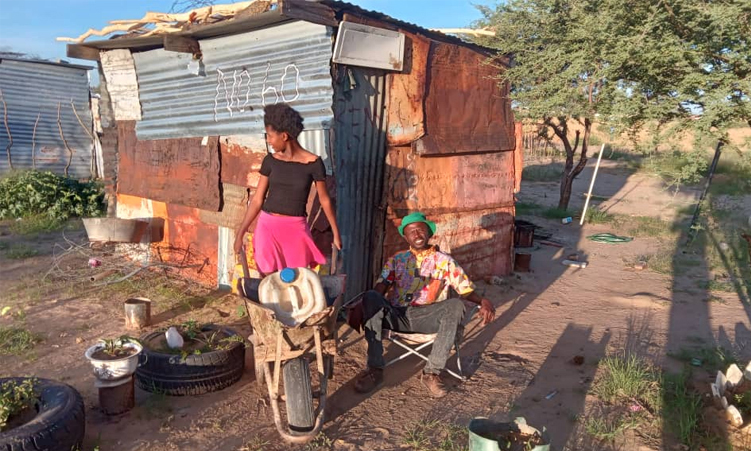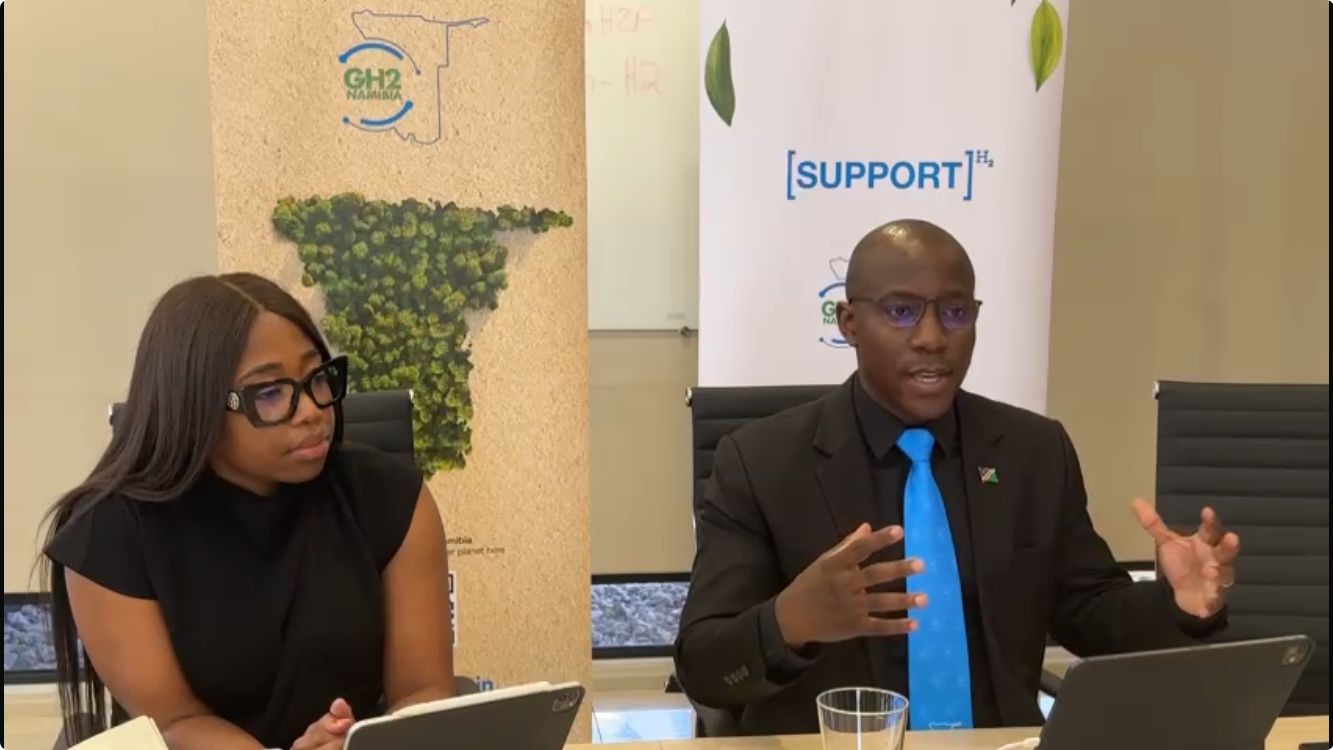Political analysts attribute the low turnout at the 33rd commemoration of Heroes Day to the event’s perceived bias towards a Swapo narrative, overshadowing the wider spectrum of the nation’s history.
The event, held at Independence Stadium in Windhoek on Saturday, was poorly attended and mostly consisted of government officials, security personnel, Swapo members and children.
Political analyst Ndumba Kamwanyah says while the day was originally aimed to honour various aspects of Namibian history, it remains heavily centred on Swapo’s role in the liberation struggle, particularly the Ongulumbashe attack.
‘A SWAPO AFFAIR’
“Heroes Day is really still a Swapo affair, instead of a national day. The state failed to nationalise the day to include other events and histories, like the Herero/Nama genocide, the Lishora massacre and other heroes and heroines,” he says.
The Ongulumbashe attack refers to the South African Police’s assault on a Swapo military base at Ongulumbashe on 26 August 1966.
Kamwanyah says another significant factor contributing to the low turnout is likely that people are tired of symbolic and hollow pledges that fail to translate into improved living conditions.
He says the low turnout is a warning to the government, indicating that its period of prominence may be ending.
“’Swapo forever’ is no longer . . . Not good news for the ‘people’s party’ comes next year’s election,” Kamwanyah says.
He says this year’s commemoration held a special degree of embarrassment, especially given the presence of Cuban president Miguel Díaz-Canel as a guest of honour.
“It was a national and diplomatic embarrassment, considering what Cuba has done for our national struggle,” Kamwanyah says.
‘OTHER COMMUNITIES OVERLOOKED’
Political analyst Rui Tyitende says Namibia’s calendar of anti-colonial/apartheid commemorations, which includes Independence Day, Cassinga Day and Heroes Day, do not effectively resonate with a significant portion of minority ethnic groups.
This, he says, is because they overlook the anticolonial efforts of the Nama, Damara and Ovaherero communities.
“This historical schizophrenia does not bode well for a nation attempting to construct a national identity and create a country that is inclusive and fosters social cohesion.
“The purpose of the anticolonial narrative is no longer to integrate people. The purpose of it is to justify what the governing party is doing,” Tyitende says.
He says the prevailing sentiments are hunger and frustration.
“People are hungry and angry and do not have the time or the desire to listen to recycled rhetoric of ‘shared prosperity’, ‘no one should feel left out’, and an ‘inclusive Namibian house’. The facts speak for themselves,” Tyitende says.
‘COMPLETE DISASTER’
Political analyst Henning Melber says this year’s Heroes Day celebrations appear to have reached an unprecedented low.
The decline in recognition among the general public has been an ongoing issue for some time now, he says.
“A mass gathering in support of the governing political party and in celebration and commemoration of its struggle history should look decisively different. Instead, this failed staging testified to the erosion of the popularity of the former liberation movement and its patriotic narrative.
“All in all, it was a complete disaster,” Melber says.
He sees this as a potential lesson for the country’s political leadership.
“There were so many similar lessons before, and they failed to learn. But if you turn your back on the people over and over, they will punish you by withdrawing from your staged symbolism.
“Trying to cash in on nostalgia for credibility today does not work any longer. The credibility this requires is gone, and this year’s Heroes Day has testified to that rather painfully,” Melber says.
CUBAN RELATIONS
Meanwhile, Geingob on Saturday reiterated Namibia’s and Cuba’s longstanding friendship, saying not even the vastness of the Atlantic Ocean that lies between the countries could break this enduring bond.
“For it is a bond forged through the blood of our fallen patriots and etched in the trenches of the battlefields of our struggle for freedom and independence.
“When the people of Namibia reached a pivotal point in their history, faced with the choice of submitting to colonial tyranny and injustice or fighting for freedom, we chose to fight,” the president said.
Geingob said Namibia’s sons and daughters have crossed many rivers of blood with the help of their allies, such as the Cuban internationalist fighters who fought side by side with combatants from the People’s Liberation Army of Namibia to defeat, “once and for all, the scourge of apartheid ideology in southern Africa”.
The Cuban president was in Namibia on a three-day visit, where he signed various cooperation agreements with the country.
He is expected to leave today.
Stay informed with The Namibian – your source for credible journalism. Get in-depth reporting and opinions for
only N$85 a month. Invest in journalism, invest in democracy –
Subscribe Now!






